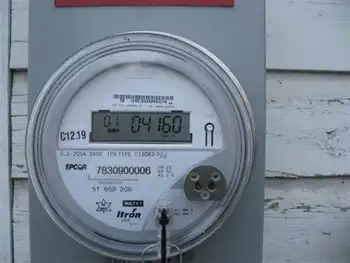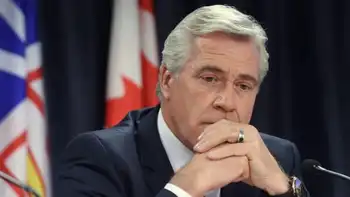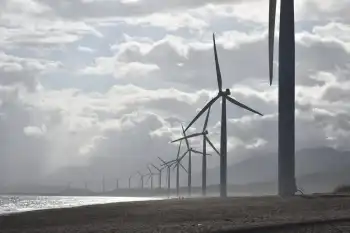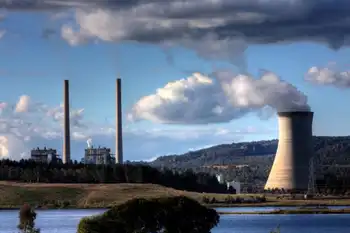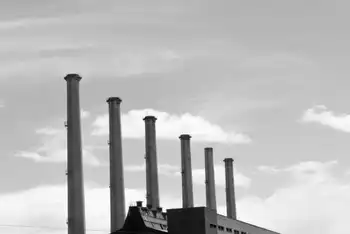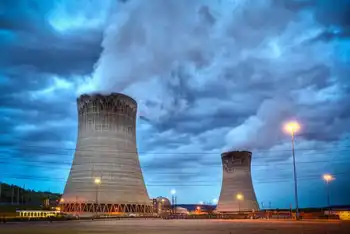Rosatom looks to build nuclear plant in Vietnam
By Industrial Info Resources
NFPA 70e Training
Our customized live online or in‑person group training can be delivered to your staff at your location.

- Live Online
- 6 hours Instructor-led
- Group Training Available
Vietnam currently relies heavily on hydroelectric power for electricity generation, with about 20% of domestic energy consumption coming from this source. The main source of energy, which is about 50%, comes from oil, with gas- and coal-fired power stations supplying the remainder.
However, Vietnam's state power generation and distribution company Electricité du Vietnam (EVN) has plans to construct 48 more hydroelectric power stations by 2020, including the Song La power plant, which, at 2,400-MW capacity, will be the largest hydroelectric scheme in the country.
Some analysts have raised concerns about this reliance on a sometimes unreliable source of power, and have been pressing for the inclusion of nuclear power into the country's energy mix.
Rosatom will work with EVN to prepare the technical and economic feasibility study into the construction of two reactors for the plant, each with a generating capacity of 1,000 MW and an estimated cost of $2.7 billion. The first stages of construction are expected to begin in 2014, with the first reactor being brought online by 2020. In total, the project is likely to cost $15 billion.
Talks between Russia and Vietnam concerning the construction of nuclear facilities in Vietnam were first reported back in the 1980s, but although two suitable areas were found in central Vietnam, the collapse of the Soviet Union caused the project to be forgotten.
"Towards the First Nuclear Power Plant in Vietnam," a joint France-Vietnam convention, was held in Hanoi in July 2007, entitled to promote cooperation between France and Vietnam. This was attended by members of the French government and representatives of major French nuclear companies, including Electricite de France S.A. (EDF) and Areva S.A.
In May 2008, an agreement on cooperation within the nuclear energy sector was signed between the respective economy, trade and industry ministries of Japan and Vietnam, effective until March 31.
In the same month, a nuclear power trade fair in Hanoi saw a Japanese consortium consisting of Mitsubishi Heavy Industries Limited, Toshiba Corporation and Hitachi Limited push their proposal. Also well represented at the trade fair were the South Korean electric utility company Korean Electric Power Corporation (KEPCO) and the China Guangdong Nuclear Power Group.
In November last year, the Japanese prime minister visited Vietnam, pushing Japanese interests in nuclear cooperation and specifically offering to conduct a feasibility study for the construction of a nuclear power plant. Just a month later, the Vietnamese prime minister visited Russia, during which Rosatom and EVN signed a memorandum of understanding for cooperation over the plant's construction.
Despite the strong competition from France, which is the world's second-most powerful nuclear nation, China, and South Korea, which recently won an important nuclear contract in the United Arab Emirates, it seems likely it was the earlier cooperation between Vietnam and Russia against France — and the fact that Russia is Vietnam's largest arms supplier — that secured the project for Rosatom.





